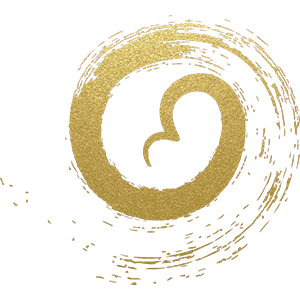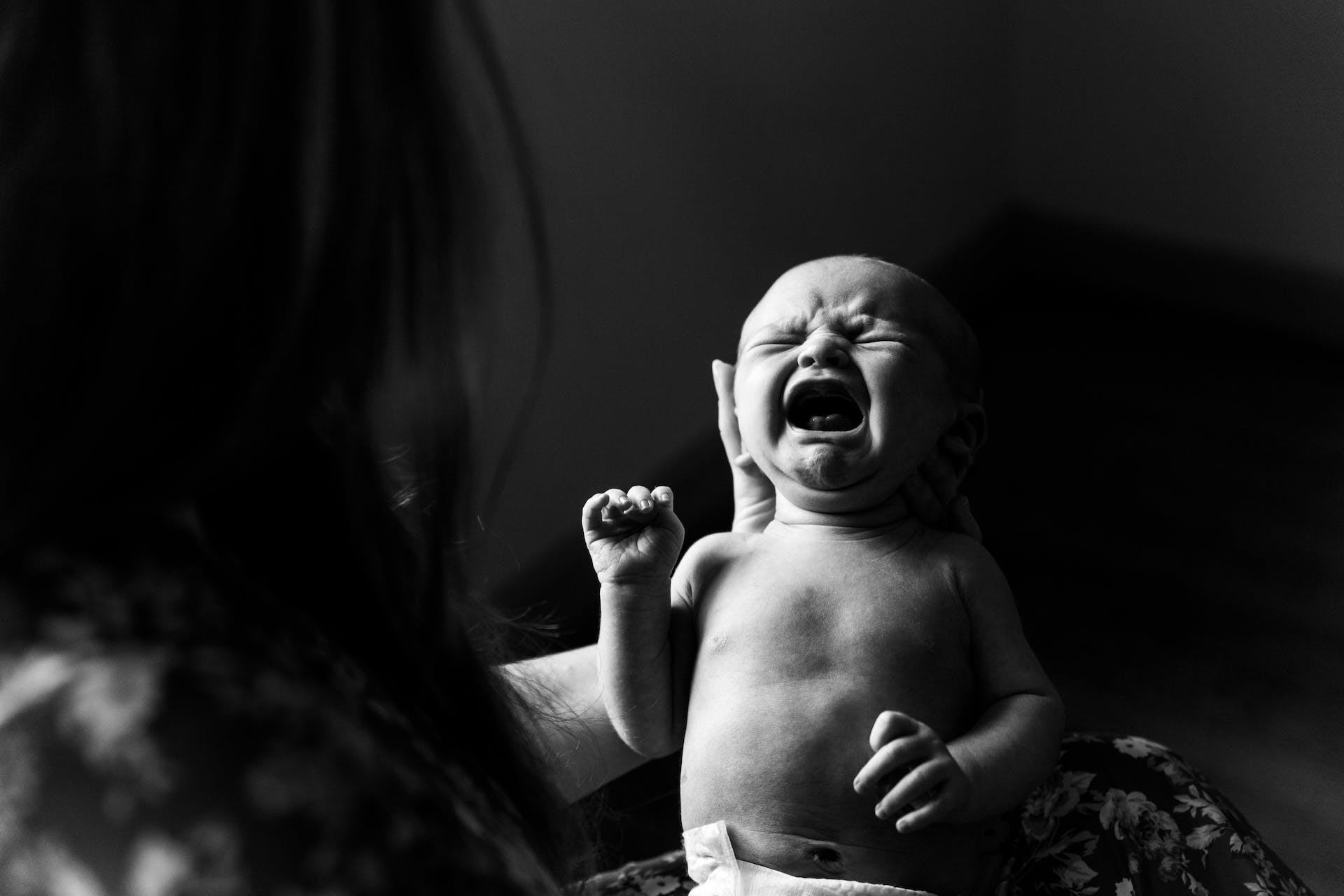Fertility rates are decreasing annually in most parts of the world, even China and India. Simultaneously, assisted reproductive technologies are making rapid progress and the number of births following these interventions is rising. Births by Caesarian section are on the rise worldwide with an uneven distribution of ‘underuse’ and ‘overuse’ (WHO).
What is the impact of this changing landscape on the way birth is viewed? How much attention is given to the baby’s perspective?
It is now over four decades that authors like Thomas Verny, Ludwig Janus and David Chamberlain started publishing on the awareness of babies and prenatal consciousness. What has changed in our collective thinking and how the public views birth, babies and how we come into this world?
In this talk, Anna Verwaal and John Wilks have a wide ranging discussion about the current understanding of conception, pregnancy and birth around the world and what needs to happen to bring more awareness to the whole process of coming into being within the public as well as mainstream medicine.
Pre and Perinatal Psychology
The study of how experiences before and during birth influence individuals throughout their lives.
Conscious Conception:
The idea of preparing mentally and emotionally for conception to positively influence the child's development.
Birth Imprints:
The lasting effects of birth experiences on an individual's psychological and emotional well-being.
Pre and Perinatal Trauma:
The impact of traumatic events during the prenatal and perinatal periods on long-term mental health.
Support for Birth Professionals:
The need for emotional and psychological support for professionals involved in birth processes.
Team Healing and Prevention:
Creating supportive environments for healing and preventing prenatal and perinatal trauma.
Integration of Pre and Perinatal Knowledge:
The importance of educating healthcare professionals about pre and perinatal psychology.
Holistic Birth Support:
Incorporating emotional and psychological support into standard birth practices.
Impact of Birth Experiences on Society:
How unresolved birth traumas can influence societal behaviours and structures.
Public Awareness and Education:
Raising awareness about the significance of pre and perinatal experiences among the general public.
Personal Healing and Growth:
The process of individuals exploring and healing their own pre and perinatal imprints.
Role of Meditation and Mindfulness:
Using mindfulness practices to connect with and heal pre and perinatal experiences.
Cultural and Societal Influences:
How cultural practices and societal norms affect pre and perinatal experiences and their long-term impacts.
Professional Training and Development:
The need for comprehensive training programs for birth professionals that include pre and perinatal psychology.
Support Systems for New Parents:
Providing postpartum support to ensure the well-being of both mothers and babies.
Intergenerational Healing:
Addressing how pre and perinatal experiences can affect future generations and the importance of breaking cycles of trauma.
Ethical Considerations in Birth Practices:
Ensuring that birth practices are ethical and considerate of the long-term impacts on the child.
Community and Support Networks:
Building communities and networks to support individuals in healing their pre and perinatal imprints.
Research and Evidence-Based Practices:
The role of research in understanding and improving pre and perinatal care.
Personal Stories and Experiences:
Sharing personal narratives to illustrate the impact of pre and perinatal experiences and the healing process.
Global Perspectives:
Exploring how different cultures and countries approach pre and perinatal care and support.
(This talk was recorded in Janaury 2024.)

